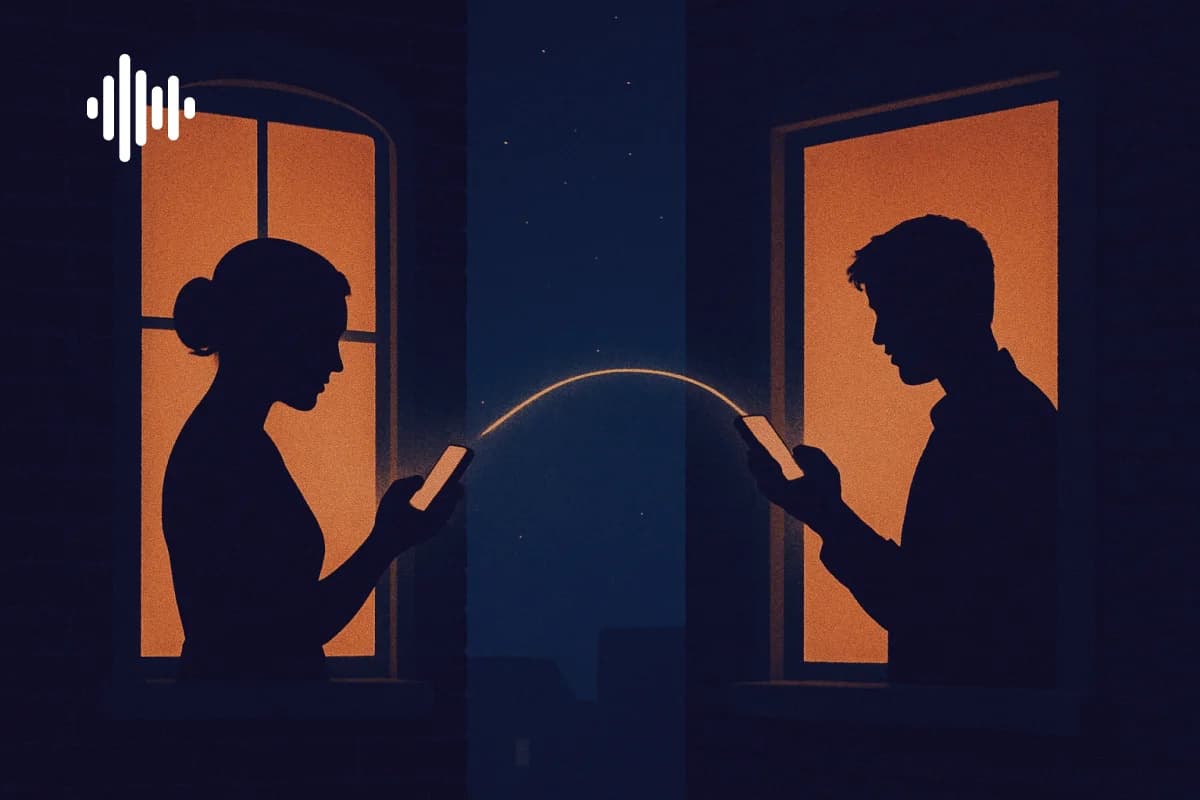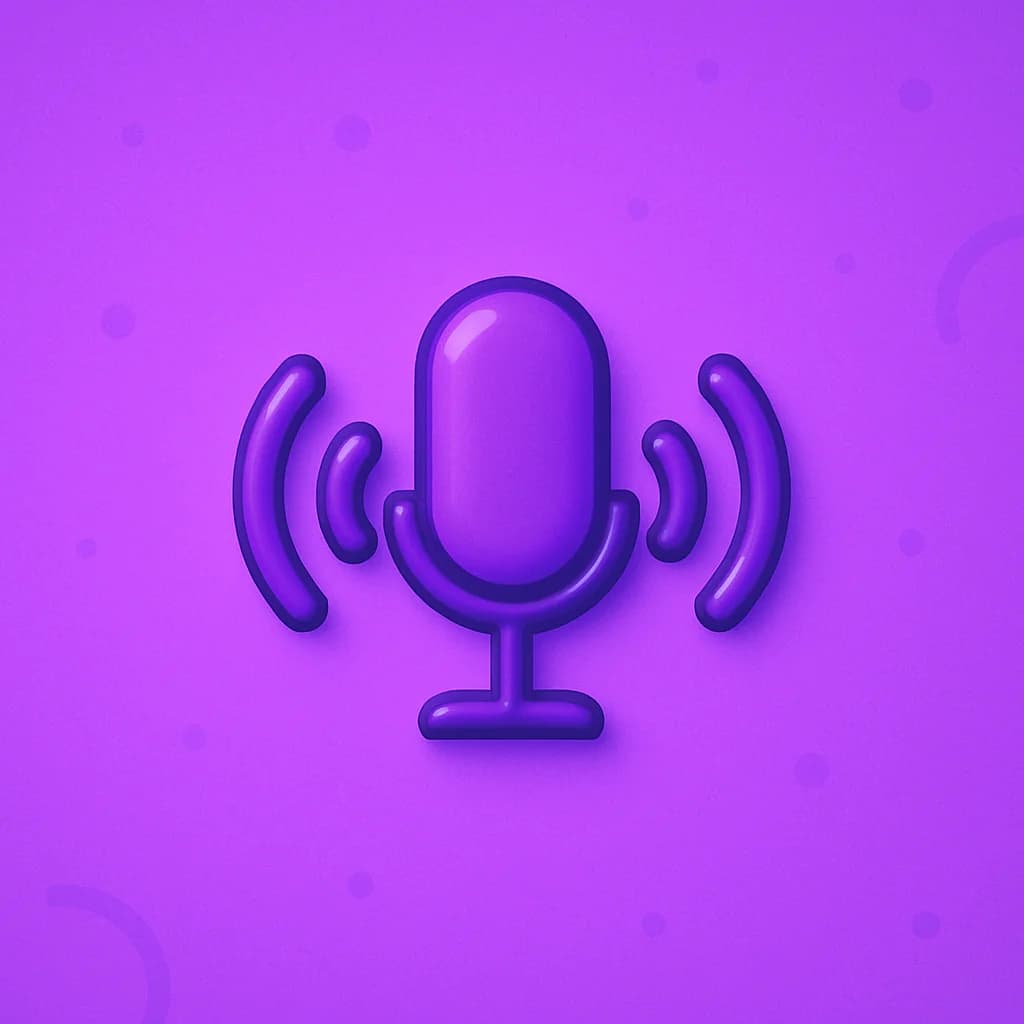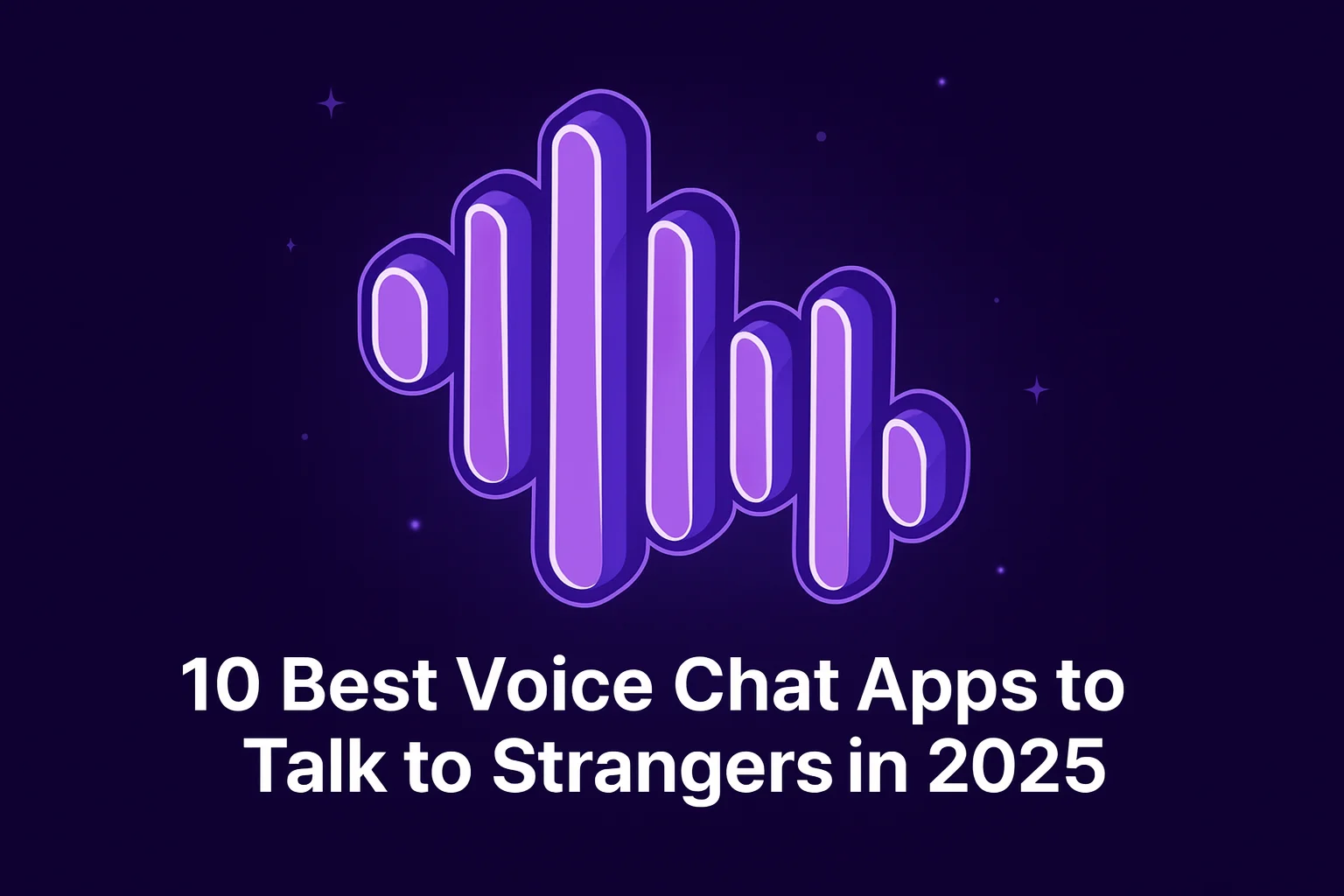Summary
Anonymous voice chat provides crucial comfort for insomniacs during the most isolating hours of the night. This comprehensive guide explores the psychological impact of nighttime loneliness and how voice-only interactions offer therapeutic relief. Key topics: The unique challenges of insomnia-induced isolation, detailed case studies of successful late-night connections, comprehensive benefits including anxiety reduction and shared experience comfort. Practical strategies: How to start meaningful conversations with strangers, active listening techniques, and safety guidelines for anonymous voice chat. Scientific insights: The psychology of "quiet hours" when people are most open to vulnerability, how vocalizing thoughts releases tension, and the therapeutic benefits of human connection during sleep deprivation. Target audience: Insomniacs, people with sleep disorders, night shift workers, and anyone experiencing late-night loneliness or anxiety.
We've all experienced those nights: tossing and turning, staring at the ceiling, the clock mocking us as minutes stretch into hours. Insomnia can feel incredibly isolating, especially when it seems like everyone else is peacefully asleep. But what if you could connect with someone who understands—someone who's awake just like you?
Why Nights Feel Especially Lonely
Nighttime brings unique challenges for insomniacs. It's quiet, and there's often nothing to distract from racing thoughts. You might find yourself worrying about tomorrow's tasks, revisiting past conversations, or simply feeling lonely. This sense of isolation can deepen anxiety, making sleep even more elusive.
Finding Comfort in Anonymous Voice Chat
Anonymous voice chat for insomniacs offers a gentle solution: the chance to connect with strangers at night who are experiencing similar sleepless moments. There's something reassuring about speaking openly, without the weight of expectations or judgment. An anonymous voice can provide empathy, understanding, or even just pleasant distraction.
Consider Sarah, a college student who often struggles to quiet her mind. One restless night, she joined an anonymous voice chat for insomniacs and found herself talking to Alex, someone equally unable to sleep. They shared their struggles, exchanged funny stories, and before long, the anxiety eased, replaced by comfort and genuine connection.
Beyond easing loneliness, Sarah discovered she could also make friends on platforms like Whisperly. For more on this, check out our guide on how introverts can make friends through voice chat apps.
Tips for Meaningful Conversations
If you're new to anonymous voice chat for insomniacs, here are some gentle suggestions:
- Start Simple: Begin with general topics or shared experiences about insomnia.
- Respect Boundaries: Allow conversations to flow naturally without pressing for personal details.
- Practice Active Listening: Offering empathy and genuine interest fosters a comforting connection for both parties.
With platforms designed for privacy and safety, you can explore conversations without worrying about your anonymity. Want a broader overview? See our take on voice chat with strangers and how to get started.
A Word of Encouragement
If insomnia and loneliness keep you awake at night, consider trying an anonymous voice chat platform like Whisperly. It might be the comforting late-night connection you didn't know you needed. You're not alone in your struggle, and reaching out, even anonymously, can be an empowering step toward reclaiming peaceful nights.
Ready for a better way to connect?
Join thousands of users who have found genuine connection through Whisperly. No registration required, just real conversations with real people.
Start Chatting NowFAQ
Why does insomnia feel lonelier than daytime stress?
At night, distractions fade and worries get louder. A gentle, anonymous voice outlet helps release tension; see Whisper Hour.
How does anonymous voice reduce anxiety?
You can share without worrying about looks or long-term identity. Voice-only keeps exposure low while maintaining human warmth.
What should I talk about when I cannot sleep?
Start with what kept you up or any light topic. Short, human chats often make the night feel less empty.
Is this a replacement for therapy?
No—it is a supportive social tool that complements professional help. For broader context on voice-first connection, read voice-only connections.



